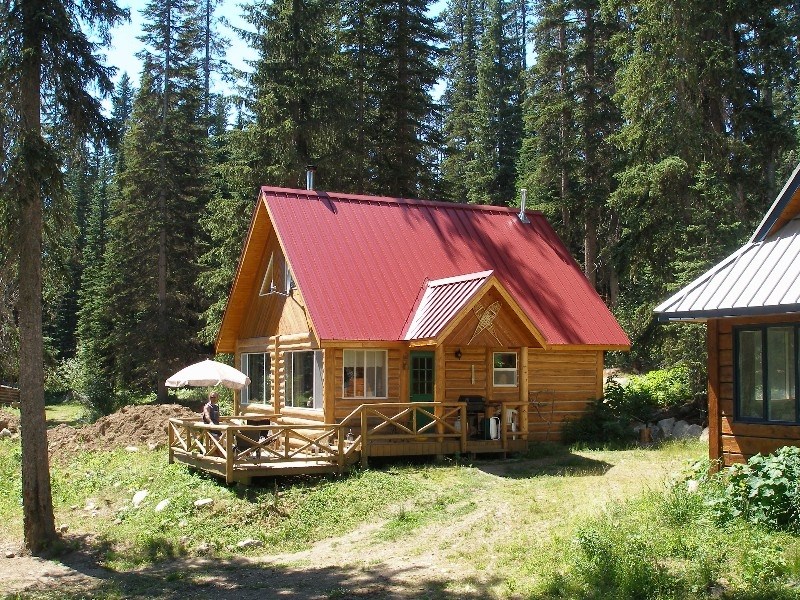How to Buy Recreational Property as an Investment
Despite the economic downturn, many Canadians are still dreaming of owning a recreational property, both as a long-term investment and to enjoy with family and friends. Canadians are willing to make sacrifices to own a cottage, and more want to use their cottage, cabin, or chalet year-round as a recreational property and, for some, as their primary residence.
There are many reasons why people buy recreational or rural properties: to escape the pollution and traffic of the city; for retirement purposes or long-term investments, or simply to relax and get back to nature.
Job flexibility and the increase in the number of people working from home is also allowing workers to have more than just the weekend away. New technology has allowed employees to telecommute via mobile phones or the internet meaning workers don't have to be in the office from 9 to 5, five days a week.
Whatever the reason for buying a recreational or rural property (for a lifestyle change or as an investment), and whether the home functions as a principal residence or as a vacation home, you should always consider the long-term financial rewards.
There are many types of out-of-town properties on the market, from cozy cottages nestled in the woods to mountain chalets overlooking the vistas of nature. Buying recreational or rural property is not the same as buying a house in the city. There are different factors to consider such as dirt-road maintenance and the availability of drinking water and sewage disposal systems. You also have to adjust to the new lifestyle. The key is to keep your eyes and ears open and to ask a lot of questions before making the big move to cottage country.
Investing in Rural Property
Buying property outside the city tends to be riskier than buying a home in the city because appreciation in the country depends on developments in the rural area.
Some people may just want a weekend retreat and may not care about the land's value, but if you want to buy recreational property as an investment, you should watch for a town that is growing fast and one that is undergoing new developments or building new transportation links. Also, look for areas with potential population and employment increases, as well as areas that are chosen simply for lifestyle benefits.
In general, recreation or rural properties in areas closest to the city and the concentration of population (i.e., less than three or four hours away) are the best investments.
Waterfront property may be the most desirable, but it also tends to be the most expensive. Don't overlook non-waterfront properties which can offer spectacular views and tend to be cheaper and more private.
Easy access to the community that you are considering and the availability and proximity of amenities, such as shopping centres, medical and recreational facilities are important factors too. Can you drive there conveniently? Is it too far away from where you currently live? The more leisure activities available in the vicinity, the more valuable the property is in general.
The purchase of a recreational property can be a vital first step towards many enjoyable vacations and weekend breaks. Many country homes can also generate rental income. Your real estate representative can provide you with current rental rates in the area you are considering. Keep in mind you will also have ongoing maintenance costs and annual expenses. If you plan to buy a cottage home as a second home, ask your real estate representative about the tax implications in owning a second home.


